Preschoolers need to develop strong decision-making and problem-solving skills for their academic, social, and emotional growth. Here read some effective ways to boost decision-making and problem-solving in preschoolers.
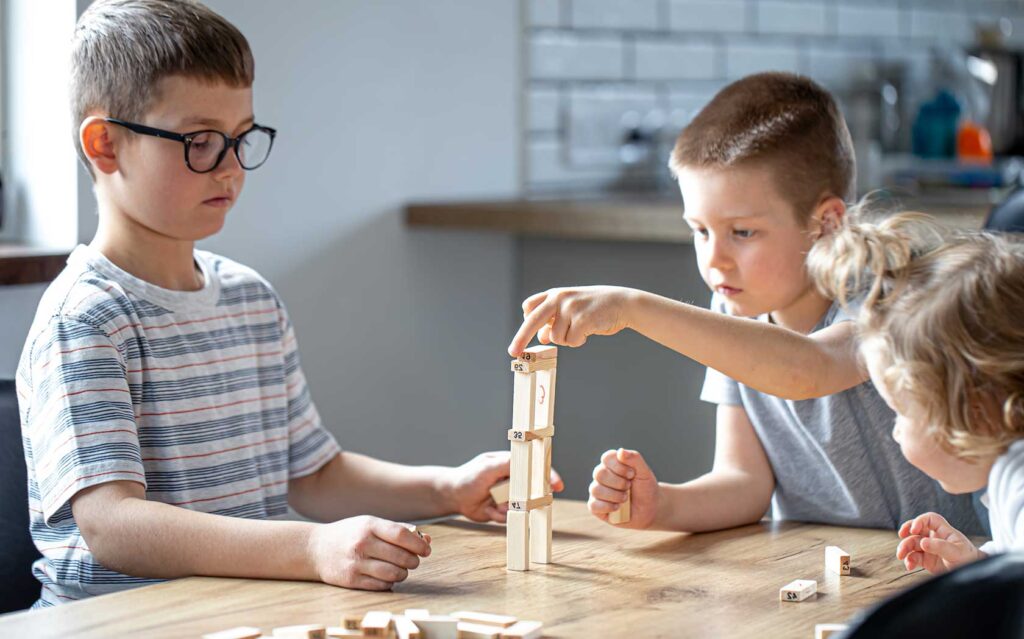
How to boost decision-making and problem-solving in preschoolers?
Decision-making and problem-solving are essential skills that preschoolers need to develop for their academic, social, and emotional growth. As a parent or caregiver, you can help your preschooler enhance these skills through different activities and techniques. In this blog, we will explore some tips and strategies to boost decision-making and problem-solving in preschoolers.
- Encourage Exploration and Curiosity Preschoolers are naturally curious and love to explore. Encourage your child to explore new things, try different activities, and ask questions. When your child is curious, they are more likely to encounter problems and come up with solutions, which can enhance their problem-solving skills.
- Provide Opportunities for Independent Decision Making Preschoolers need to practice making decisions independently. Offer your child choices to make throughout the day, such as what clothes to wear, what snack to eat, or which toy to play with. This will help them develop their decision-making skills and gain confidence in their ability to make choices.
- Engage in Role-Playing Activities Role-playing activities can help preschoolers develop problem-solving and decision-making skills. Set up different scenarios where your child needs to solve a problem, such as how to share toys with a friend or how to ask for help. Role-playing allows preschoolers to practice problem-solving and decision-making in a safe and supportive environment.
- Encourage Creative Thinking Encourage your preschooler to think creatively by engaging in open-ended activities such as drawing, building with blocks, or playing with playdough. These activities allow preschoolers to think creatively and develop problem-solving skills as they try to figure out how to build or create what they have in mind.
- Teach Problem-Solving Strategies Teach your preschooler problem-solving strategies, such as breaking down a problem into smaller parts, brainstorming ideas, and trying different solutions. When your child faces a problem, guide them through the problem-solving process by asking questions and offering suggestions.
- Model Decision-Making and Problem-Solving Children learn from observing and imitating adults. Model decision-making and problem-solving by talking through your own decisions and problems. For example, you could say, “I’m trying to decide what to make for dinner. I need to consider what we have in the fridge and what everyone likes to eat.”
- Provide Puzzles and Games Puzzles and games can be a fun and effective way to enhance decision-making and problem-solving skills. Choose puzzles and games that are age-appropriate and challenging enough to engage your child’s problem-solving skills.
- Encourage Play and Exploration: Play is essential for preschoolers to learn and develop problem-solving skills. Encourage your child to explore their surroundings, try new things, and play with different toys. By doing so, they will learn how to analyze situations and come up with creative solutions. For example, building blocks can help children understand spatial relationships and develop problem-solving skills.
- Offer Choices and Options: Offering choices is an effective way to help preschoolers develop decision-making skills. Giving your child the opportunity to make decisions helps them understand the consequences of their choices. However, it’s essential to offer age-appropriate choices. For instance, you can let your child choose between two different fruits for a snack or two books for storytime.
- Practice Active Listening: Active listening is critical in developing problem-solving skills. By listening to your child’s thoughts and ideas, you can help them articulate their thoughts and come up with solutions. Encourage your child to share their ideas and listen attentively to their responses. You can ask open-ended questions such as “How do you think we can solve this problem?” to encourage them to think critically.
- Model Problem-Solving: Children learn by example, and modeling problem-solving is an effective way to teach preschoolers how to approach challenges. For example, if your child spills a drink, instead of becoming frustrated, show them how to clean up the mess and encourage them to help. By doing so, they will learn that mistakes happen, and that problem-solving is a critical skill in overcoming challenges.
- Promote Critical Thinking: Critical thinking is an essential skill for problem-solving. Encourage your child to think critically by asking questions that require analysis and interpretation. For instance, you can ask them what they think will happen if they mix different colors together or how they can fix a broken toy.
- Use Real-Life Scenarios: Real-life scenarios provide an opportunity for preschoolers to practice decision-making and problem-solving skills. For example, you can ask your child what they would do if they found a lost toy or how they would respond to a friend who is upset. Such scenarios can help children think critically and come up with solutions.
- Provide Opportunities for Independence: Preschoolers need opportunities to practice decision-making and problem-solving independently. Provide them with opportunities to do age-appropriate tasks, such as dressing themselves or choosing their own snacks. By doing so, they will learn to make decisions and solve problems on their own.
In conclusion, developing decision-making and problem-solving skills in preschoolers is critical for their future success. Encouraging play and exploration, offering choices and options, practicing active listening, modeling problem-solving, promoting critical thinking, using real-life scenarios, and providing opportunities for independence are some effective ways to boost these skills in preschoolers. Remember to be patient and consistent in your efforts to help your child develop these essential skills.
Conclusion
About ITOYS
Welcome to iToys! We are a leading provider of innovative and educational toys for children. Our mission is to provide the highest quality products that will help your child learn, grow, and develop in a safe and fun environment.
Toys play an important role in child development. Every child should have the best toy friends to grow up with. We know the things that make betterment in kids. We created a brand named ITOYS under the company ‘Circle E Retail Pvt. Ltd.‘. ITOYS is a leading manufacturer of kids’ toys. If you are an individual buyer, our products are available at all leading online and offline retail shops. For being a partner in our development journey, go through the below buttons.
Visit our Facebook page – Click Here(Facebook)
Visit our Instagram page – Click Here(Instagram)
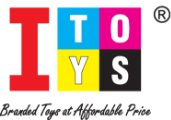

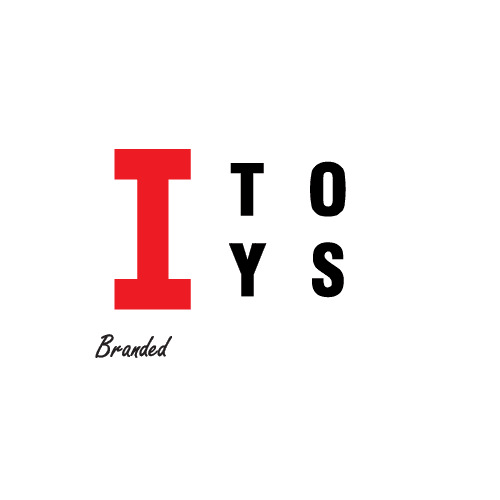
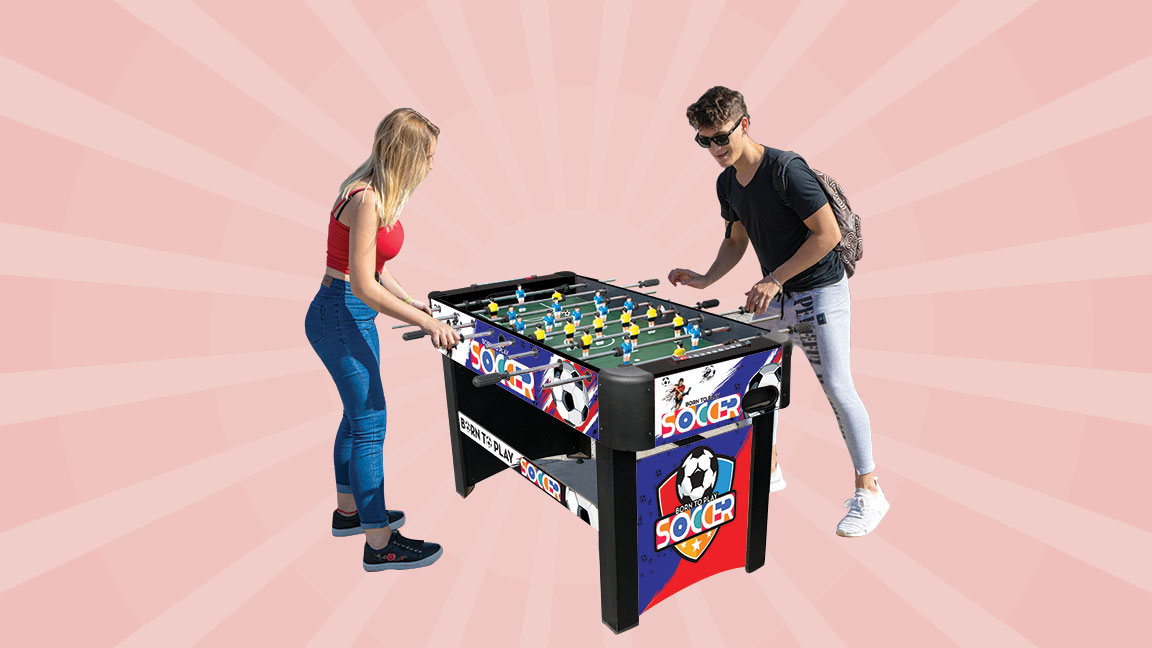
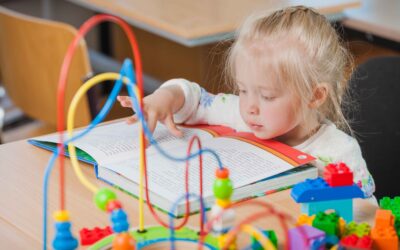

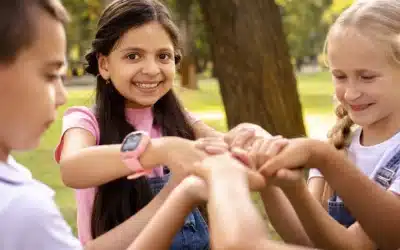
0 Comments